The Old Donkey in the Empire’s Ruins
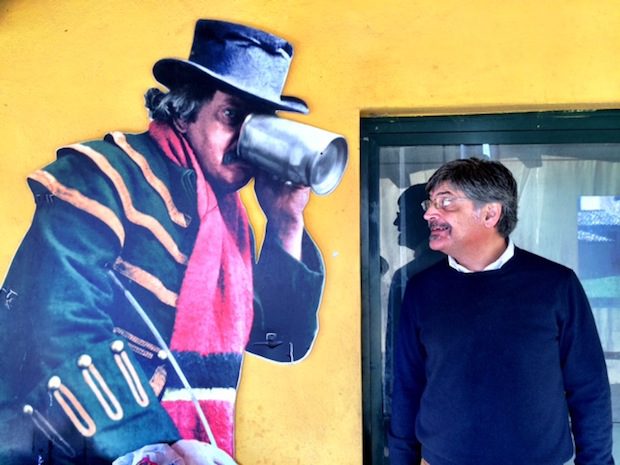
I’m sitting in the Rome airport, about to start the long journey back home. When I land in Baton Rouge 18 hours from now, we will know how the Super Tuesday vote went. I expect it to be a big night for Donald Trump. I also expect nothing good on the political front from now on. It would be nice to be surprised, but I don’t think I will be surprised.
I was thinking last night, on the long bus ride to the airport, about Niccola, the homeless man from Bari who stayed in my guest apartment at the monastery in Norcia. He spoke almost no English, but managed to convey to me his deep frustration that the Italian government is helping Middle Eastern refugees find housing, but doing nothing for him. German Chancellor Angela Merkel yesterday doubled down on her open borders policy, which is flooding Europe with migrants. That poor man, Niccola, is powerless to stop it, even in his own country. If there were a Trump here, and he could vote, I bet Niccola would vote for Trump. I saw the new Rand study showing the factor most determinative of a Trump voter is the degree to which he or she feels powerless. Trump appeals to globalism’s losers. There are a lot of losers in globalism.
Enough about Trump. I have something inspirational to talk about. See that man above? That’s Marco Sermarini, with his great friend G.K. Chesterton. If you ask me, he’s a lot more important to the future of American Christianity than any politician for whom you will vote today. I spent the last couple of days with him and his tribe in San Benedetto del Tronto, a small city on Italy’s Adriatic coast. I wanted to go meet them all on this trip because in 2014, when I first met Father Cassian Folsom, the prior of the Benedictine monks of Norcia, he told me that any Christians who want to make it through what’s coming with their faith intact had better do what the San Benedetto del Tronto folks are doing.
Now, I understand exactly what Father Cassian meant. He’s right. These Italians have it all figured out.
I’m going to save most of this for my book, but I wanted to tell you a little bit about it now, because I think a lot of us could use some hope.
Marco is a leader of a group of faithful orthodox Catholics, about 30 families, who live in and around the city. They have been together as a group since the early 1990s, when they formed a fraternity called the Tipiloschi, following the example of Blessed Pier Giorgio Frassati, an Italian Catholic social activist of the early 20th century. The men came together for prayer and for doing good works in their city. Eventually they married, and the Tipiloschi became a big family affair.
They are not affiliated with any particular parish, though they have developed a very close relationship with the monastery in Norcia, a 90-minute drive over the mountains. In 2008, they started an independent school, the Scuola Libera G.K. Chesterton (“libera” means free, and in this case it means the school takes no money from the government). The school’s motto is a quote from Chesterton: “A dead thing goes with the stream, but only a living thing can go against it.”
That’s how they roll. They are fiercely, joyously countercultural Catholic traditionalists. I visited the school, had pizza with parents, and the thing you notice most of all is how happy these people are, and how … normal. They are open about how serving Jesus Christ is the guiding principle of everything they do. And they do a lot. There’s the school, which they open to people outside their community, and keep tuition low so working people can afford it. As distributists, they run several cooperatives, including one called Hobbit (they’re big Tolkien fans), that organizes gardening, plumbing, and other kinds of manual labor; part of its function is to give jobs to prisoners trying to transition back into society. They run a sports club, and pooled their resources to buy an abandoned piece of property on top of a hill overlooking the Adriatic. The group and their families have been working to restore it as a retreat. They meet there for sports, for picnics, for mass, for catechism lessons, and for gardening. They have a small farm there to teach their kids (and any other kids who want to come around) how to raise fruits and vegetables.
Here is the garden. This was once a massive briar patch. They cleared it and cultivated it. Now it’s a living thing:
They’re still working on the property. I met someone from the Hobbit cooperative who unfolded plans for the orchard trail:
Notice this detail of a tiny hut they’re building:
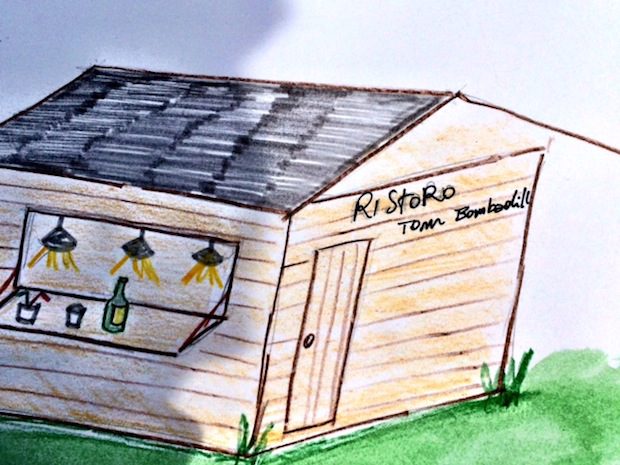
The Tipoloschi teach in their school, giving of their own expertise in different subjects. Marco’s wife Federica is the principal. She’s a former public school teacher who believed there had to be a better way for kids to learn. The Tipiloschi families help each other out with homeschooling too (the Chesterton school is a half-day affair, followed by homeschooling in the afternoons. Yesterday I saw Federica and Marco’s teenage son Pier Giorgio doing Latin homework at the kitchen table with a couple of school friends. Then they packed up and were headed to a nearby home for severely disabled children to do a gymnastics program with them.
The Tipiloschi revere the Norcia monks, and seek to live out a Benedictine spirituality in their own lives. Marco, a lawyer and head of the Italian Chesterton Society, is a force of nature. Really and truly. He is ferociously localist, and understands that the beautiful, rewarding Christian life they have built in San Benedetto is only possible in community, and because everyone gave up the idea of going off to the big city to chase after worldly success. Some things are more important, they decided. The great goods they have with their families in the Tipiloschi are only possible because of the stability to which they’ve committed themselves.
“Going away from here to chase ‘success’ is for people who want to be slaves,” Marco says. “Here, we are free.”
Here is stability for you: Marco in his tiny olive grove running down the side of a hill west of town:
He cultivates these trees with his children, and makes the family’s olive oil from them. He worked these trees as a boy with his father, Gino, who worked them with his father. Gino, now 90, hid in the base of this olive tree as a five-year-old boy. Marco’s kids hide there now:
Again, all of the efforts of the Tipiloschi are open to anyone who cares to participate. At the hilltop property (Santa Lucia they call it, after a nearby church), I saw Marco embrace a tough-looking teenager, and tease him affectionately. Clearly they have a father-son relationship. I asked Marco about him, and he said the boy was in real trouble with drugs (or perhaps the law in some other way), but the Tipiloschi brought him into their circle, prayed with him, taught him to work, to cultivate, and restored him (actually, Marco would say that God restored him through their active love for the boy). There are more than a few kids like that in their circles.
Americans hearing about the Ben Op have this idea that it’s all about running away from the world, hunkering down, and being miserable. If that’s what you think, go to San Benedetto del Tronto. Those people love their lives, they love their lives in community, they love Jesus Christ, they love being truly, deeply Catholic, and they’re just so grateful for everything.
I could tell you far, far more about these people, and will do in my Benedict Option book. Their spirituality is profound. They can read the signs of the times. They worry about the break-up of the family, and the widespread loss of faith. But they are not running for the hills. They are cultivating the hills (ultimately they hope to move the Chesterton school to the Santa Lucia property), and the bonds of their own community. They go to the monastery for spiritual direction, and to help out, and the monks sometimes come to them. They meet all the time for meals, prayer, and study of the faith and the lives of the saints (“We have to have heroes,” says Marco. “We have to teach our children and ourselves that the life in Christ is something real, something incarnate.”) They go on holiday together.
“We take over hotels,” says Federica, laughing. “There are around 130 of us. The oldest is 89, the youngest is a few months old.”
Driving through the hills yesterday, I asked Marco if he ever despaired of this world.
“Oh sure,” he said. “Some nights I lie awake at night worrying about the way the world is going. I pray to God and ask Him for help.”
I tell you this so you know that Marco is not oblivious at all to the travails of the post-Christian world. But, he told me, we must follow the example of St. Benedict, and figure out ways to serve Christ in the ruins of our civilization, and go forward with hope. The times call for Christians to be radical, said Marco, and that is something we have to accept. This is one of those times in history, he said, where we have to “save the seed” for the future, and we must be aware of the signs of the times. As we determine how to respond to the challenges of being Christian in this post-Christian civilization, we don’t need courage, he said, as much as we need imagination.
“Don’t worry if you haven’t got it all figured out now,” he said. “Don’t worry if you aren’t a thoroughbred horse. If there aren’t any thoroughbreds, well, use a donkey. I’m an old donkey doing the best he can with what he has. But remember, Jesus Christ came into Jerusalem on the back of a donkey.”
Just so. I cannot wait to tell you all more about the Norcia monks, and about the Tipiloschi and the beautiful community they have built. There is hope. I have seen it over this past week, and have lived part of it. It’s the Benedict Option, and it’s really real.
I’m about to get on the plane. Will check in later. If you want to hear more stories about what I saw this past week in Norcia and in San Benedetto del Tronto, come out to Hill House, the Christian study center at the University of Texas in Austin, on Friday. And that night, come hear me talk about Dante at UT:
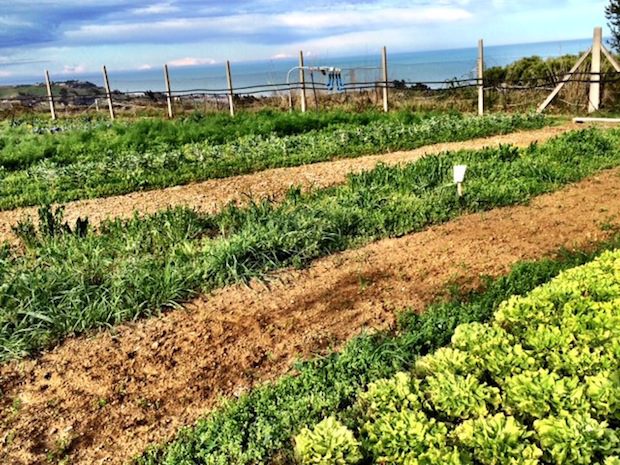
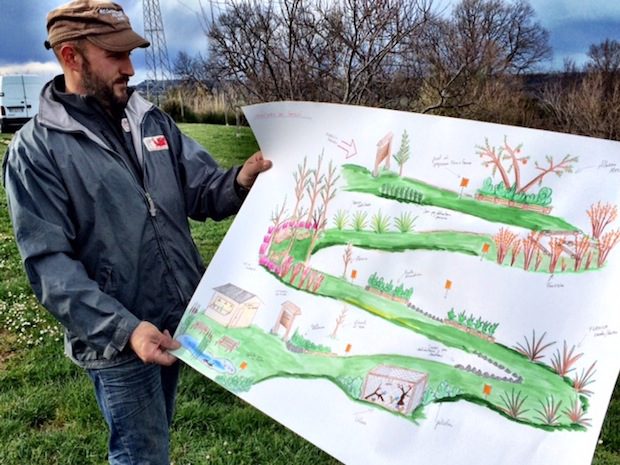
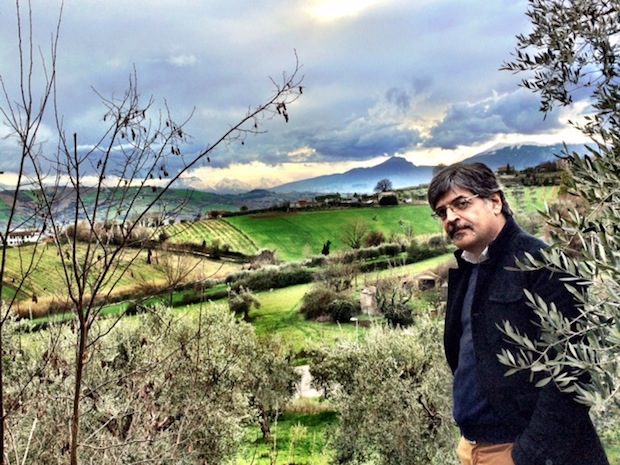
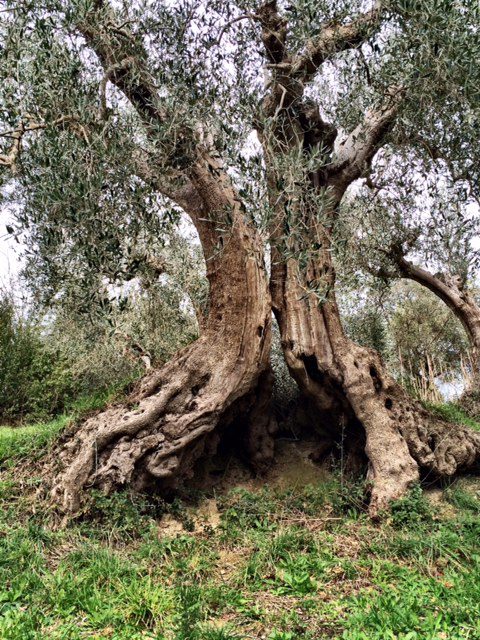
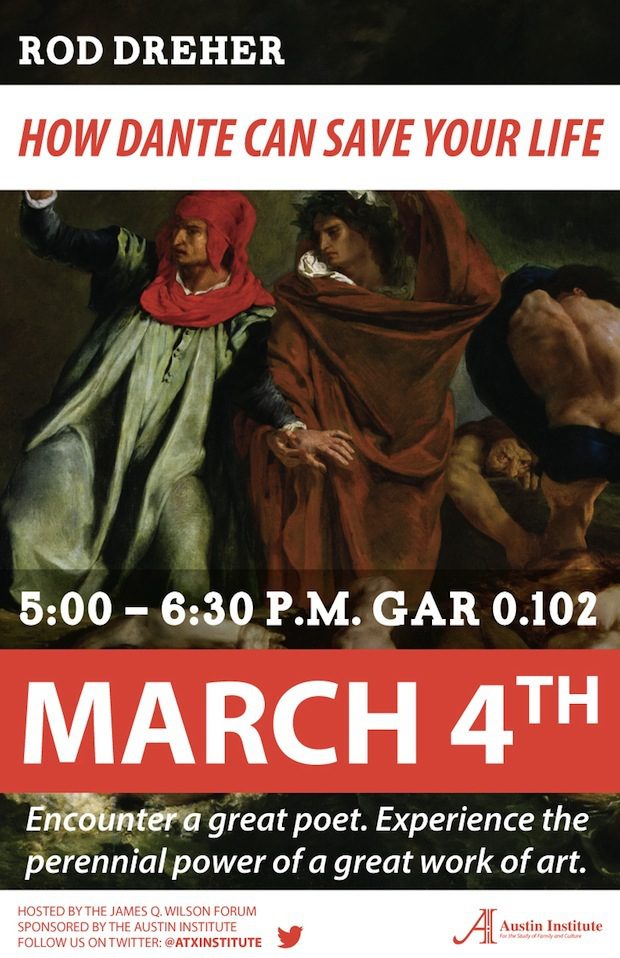
Subscribe for as little as $5/mo to start commenting on Rod’s blog.